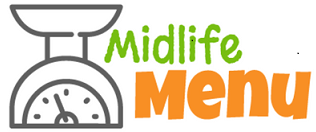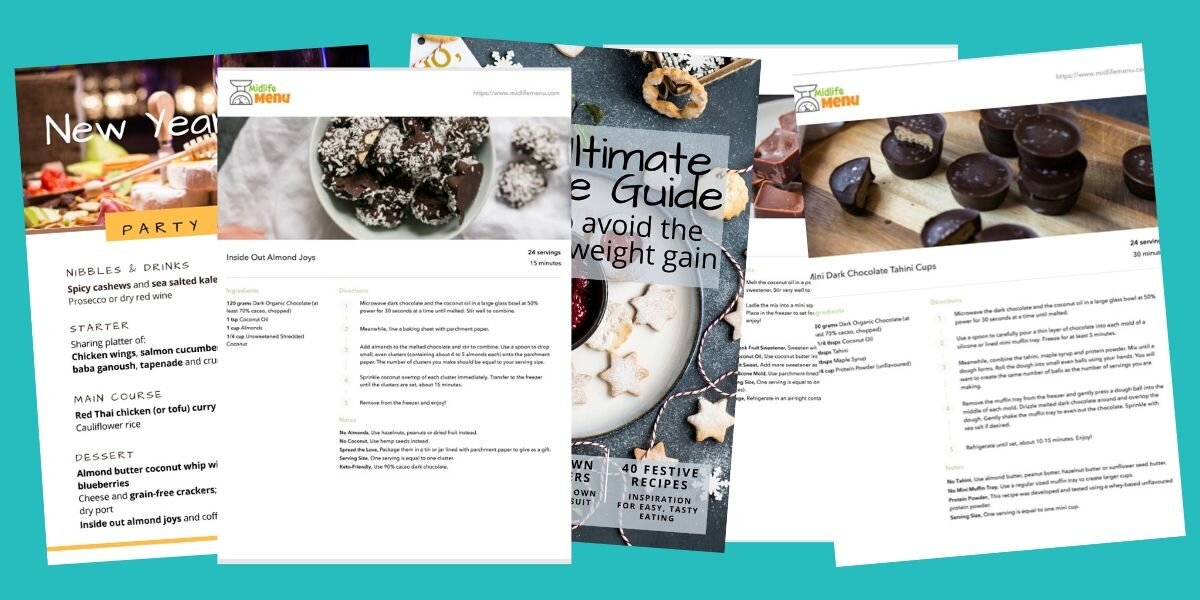Curbing sugar cravings - how to get off the sugar rollercoaster
Taming your sweet tooth to get off the sugar rollercoaster
Urgh…I found myself scrabbling to get off the sugar rollercoaster recently after a friend’s wedding which was lovely (the wedding, that is!). But the day after I stood in the kitchen and felt the return of my frenemy getting ready to party.
A day of alcohol, nibbles and wedding cake had awakened the sugar addict within.
And like a wedding guest who's overstayed her welcome, she just didn’t want to leave.
I’ve got to be honest - the temptation to spend the day drinking loads of tea, having a carb laden treat and gently nursing my sugar fix was really strong. But having been through this before I forced myself to eat a high protein and fat brunch of bacon, egg, sauerkraut and avocado to try and dampen down the longing to get back on the sugar rollercoaster.
You might say I’m being overly dramatic and you might rubbish the newspaper headlines claiming sugar is as addictive as drugs. But as a former sugar addict and nutritionist I’ve got to say … it’s pretty close to the mark.
Why do we have sugar cravings?
We are designed to like sugar. Evolutionary wise we’ve a stop switch for fat and protein but we haven’t got one for sugar, especially fructose. If cavemen came across a blueberry bush they would just eat it while they found it because sugar was so sparse they took on board as much sugar as they could.
But that puts us in a pickle because now we’re in an environment totally surrounded by the stuff. The way fructose is processed it bypasses a mechanism that the other nutrients go through so that's why you don’t get a feeling of satiety with sugar where you think - ‘you know what, I’ve had enough now.’
And it really can be classed as an addiction. Studies tracking the brain while people looked and ate sugar found that it stimulates the part of the brain that opioids do.
So the headlines about sugar being as addictive as drugs come from the idea that sugar has a similar effect on the brain. And like drugs, we become adapted by the effect, needing more and more to get the same effect, hence why some people eat a huge amount.
Your emotional sugar rollercoaster
Our emotional response to sugar is what keeps us using it as a pick me up for a bad day, a good day, a Friday or any day when we just want to feel better.
Think about the advertising around chocolate as a thank you gift, a holiday treat, a token of love - it’s really hard to escape. I was out for lunch with a friend last week who is reducing her sugar intake and even her end of meal herbal tea came with an unasked for square of fudge!
Let’s face it - I don’t know anyone who has a kids drawer full of broccoli and brazil nuts but everyone knows where the sweets and crisps drawer is.
And as I have found, it’s not simple to quit and it’s not easy to have a sugar fix without wanting to get back into those bad habits.
If you recognise that in yourself how do you start to deal with it?
How to step off the sugar rollercoaster
Going cold turkey will give you headaches and you’ll feel absolutely rubbish. I had a client who used to have five hot chocolates a day because it was her favourite drink and it perked her up. The instinct is to say - just cut them out - but actually weaning her off them was much better for the longer term. Her body had become used to the regular sugar hit but after a while she started to become more sugar sensitive and noticed for the first time just how sweet they tasted.
When I work with clients I always advise them to cut sugar out gradually.
Start with the obvious sources - cakes, chocolate, fizzy drinks and then work from there.
Then try and cut out stodgy white carbs like white bread, pastries, pasta and try some swaps - like sweet potato rather than ordinary ones.
Then add in some good fats and proteins to balance the blood sugars and start to stabilise your eating - think nuts, avocado, olives and coconut oil along with fish, tofu and quinoa plus meat and dairy if you eat them.
Instead of being on the massive highs and lows caused by sugars, go for steadier levels. Admittedly the highs won’t be as fun but the lows won’t be as bad either. And most importantly, you will get a grip on those sugar cravings that have been ruling your life.
Worried you’ll feel deprived over Christmas trying to avoid the sugar excess?
Mincepies, Christmas cake, tubs of chocolates, chocolate coins...the list seems endless. Get 40 recipes, including six sweet treat recipes and three party menus for free that will stop you reaching for the c*%p stuff! All in the Festive Guide, just sign up below…
Content Disclaimer
The information contained above is provided for information purposes only. The contents of this blog are not intended to amount to advice and you should not rely on any of the contents of this blog. Professional advice should be obtained before taking or refraining from taking any action as a result of the contents of this blog. Midlife Menu Ltd disclaims all liability and responsibility arising from any reliance placed on any of the contents of this blog.






Overeating during lockdown can be triggered by a rollercoaster of emotions or stress from homeschooling, looking after oldens or just trying to cope with working from home. Cravings, snacking and home baking can make overeating during lockdown very easy. So here's what to do to tackle the lockdown overeating. www.midlifemenu.com/blog/overeating-lockdown